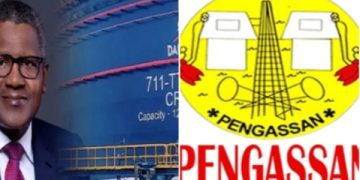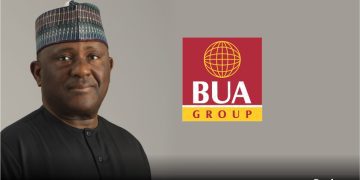Budgeting practice confer huge benefits to a company by aiding routine planning decisions. It guides the Company on how to make the best use of scarce resources. It also provides a basis to evaluate performance through variance analysis, and cost incurred and benefits derived
By Nwokolo Charles Ike
Understanding budget practice helps a company to plan, control, and make informed economic decisions. It comprises setting clearly defined budget objectives, targets, requirements and the coordination of activities towards the achievement of objectives.
Budget is a financial plan, prepared and approved by the management for a defined period, of policy to be pursued during that particular period for the purpose of achieving its set objectives. It is a statement of Income to be generated, costs and expenses to be incurred and employment of capital during the period.
The Budgeting process start with looking at the business activities of the past two or three years as presented by the financial statements, and from which a company estimates future financial needs. The company projects Sales, having regard to the marketing efforts to be initiated, new paying customers to be acquired, and cost effective measure to be adopted. There are several types of budget that can be established in a company budget. The most commonly employed are Cash, Capital Expenditure and Master Budgets.
Cash Budget
This where a firm forecast short term revenue, costs and expenses for a period not exceeding one(1) year. It estimates Cash inflows and outflows in the future period ranging from One month, Quarter or One year. The Cash budget can be used to plan any Cash shortage or Surplus during the budget period. It is very important because it guides the management in anticipating borrowing, repayment of obligations, meeting operating expenses and short term investment of idle funds.
Capital Expenditure Budget
This is where a company plans for major Asset purchases that require large amount of money and such capital outlay is expected to generate a flow of future Cash benefits lasting more than One (1) year. Capital Expenditure Budget involves the purchase of new Equipment, Real estate or Building in order to expand existing product or service line or enter a new line of business.
Capital Expenditures are very important to a company because they require sizable Cash outlay and have long lasting impact on the company performance. A Company Capital Expenditures affect profitability, future direction in terms of level of demands for product or services and market penetration.
Master Budget
This is a combination of other budgets of the company, Cash and Capital Expenditures and forms the company projected operating activities for the period. This can be expressed in the form of budgeted Profit and Loss Account and Balance Sheet. The Master budget covers all expenses of Rent, Salary & Wages, and Supplies, Selling & Distribution and Capital expenditures given the expected revenue that will be realized during the period.
Benefits of Budget
Budgeting practice confer huge benefits to a company by aiding routine planning decisions. It guides the Company on how to make the best use of scarce resources. It also provides a basis to evaluate performance through variance analysis, and cost incurred and benefits derived.
Budgetary Control
Budgetary control relates to the use of budgets as a control devices whereby predetermined plans, standards, output, income and Expenditure are compared with actual result so that if necessary corrective action may be taken before it is late. Periodically, a firm compares its actual revenue, costs and expenses with budget to see how far the company is doing and if deviation from budget is revealed and reasons for deviation sorted out.
The effectiveness of budgetary control system depends on the ability of management to ensure that appropriate remedial action is taken when departures are revealed. It also provides feedback to help reveal which areas of revenue, cost and expenses centers are varying from standards.
Advantages of Budgetary Control
Profitable Sales can be established and manpower capacity planned, and marketing activities coordinated to meet Sales target.
Control of expenses may be achieved if each section prepares its estimated expenditure requirements and expenditures in excess of agreed requirements may be prohibited unless properly authorized by management.
A financial programme may be established and Cash resources planned to ensure that funds are available when needed and borrowing or short term investment are timely arranged.
•Consultant
cinwokolo@gmail.com
08030599774









































